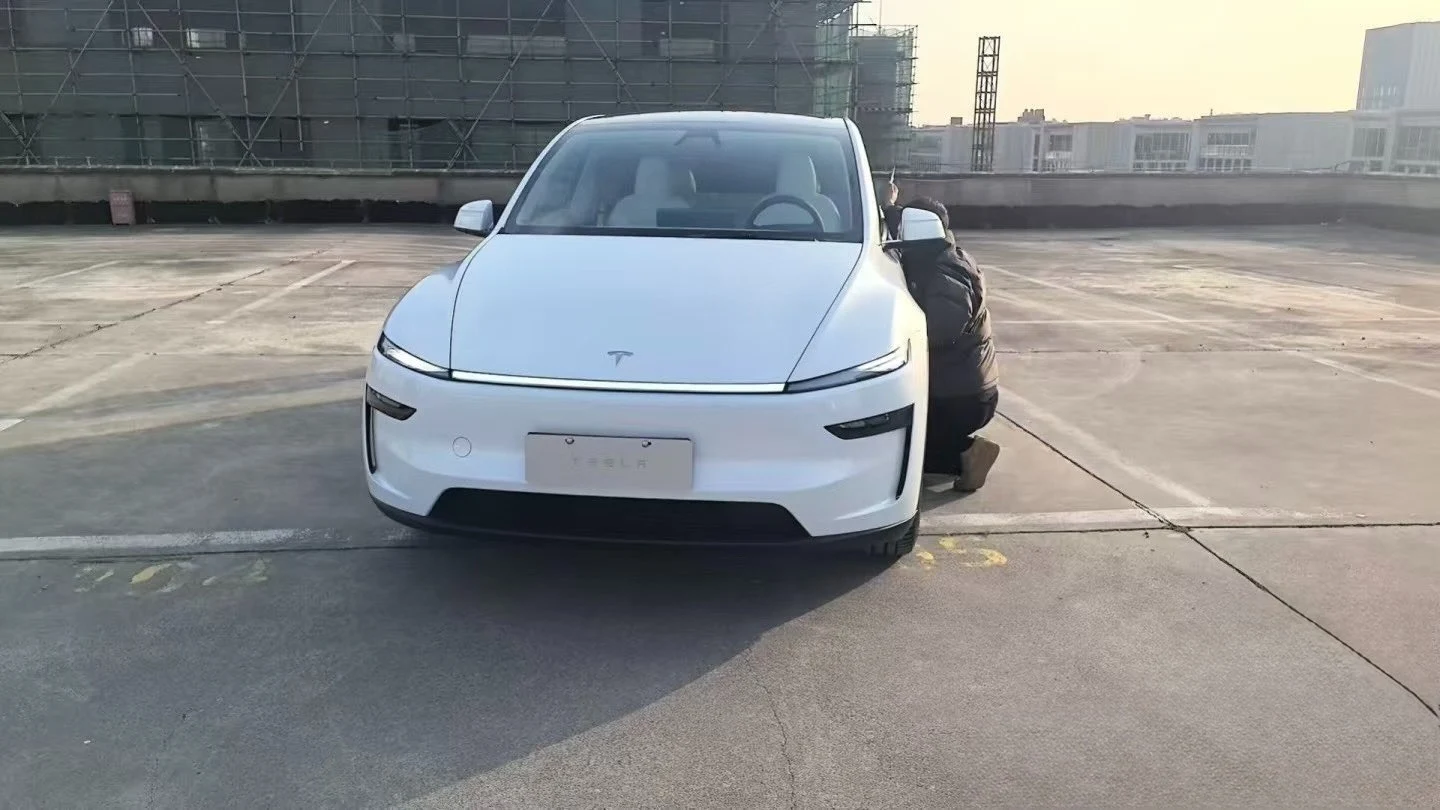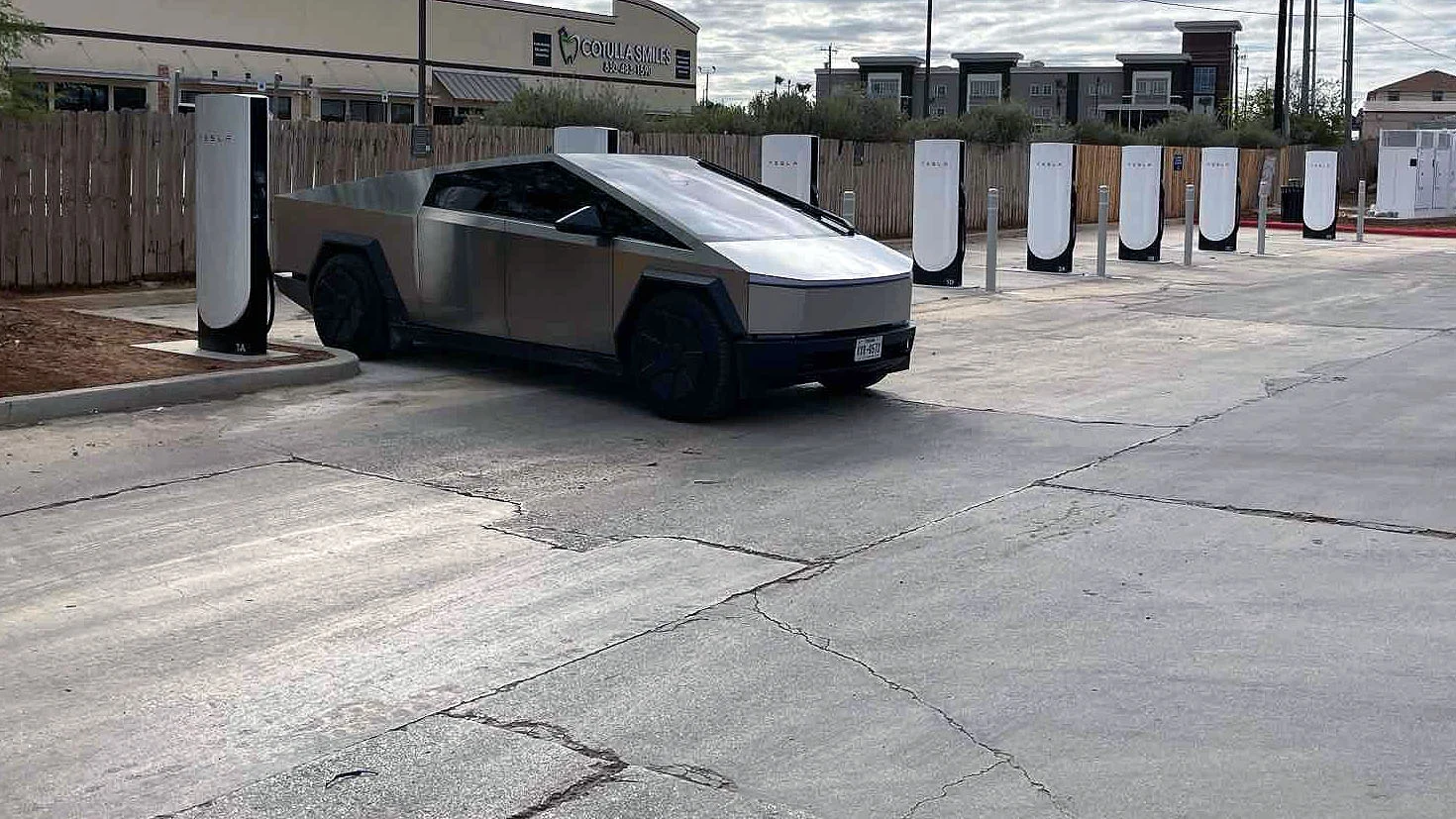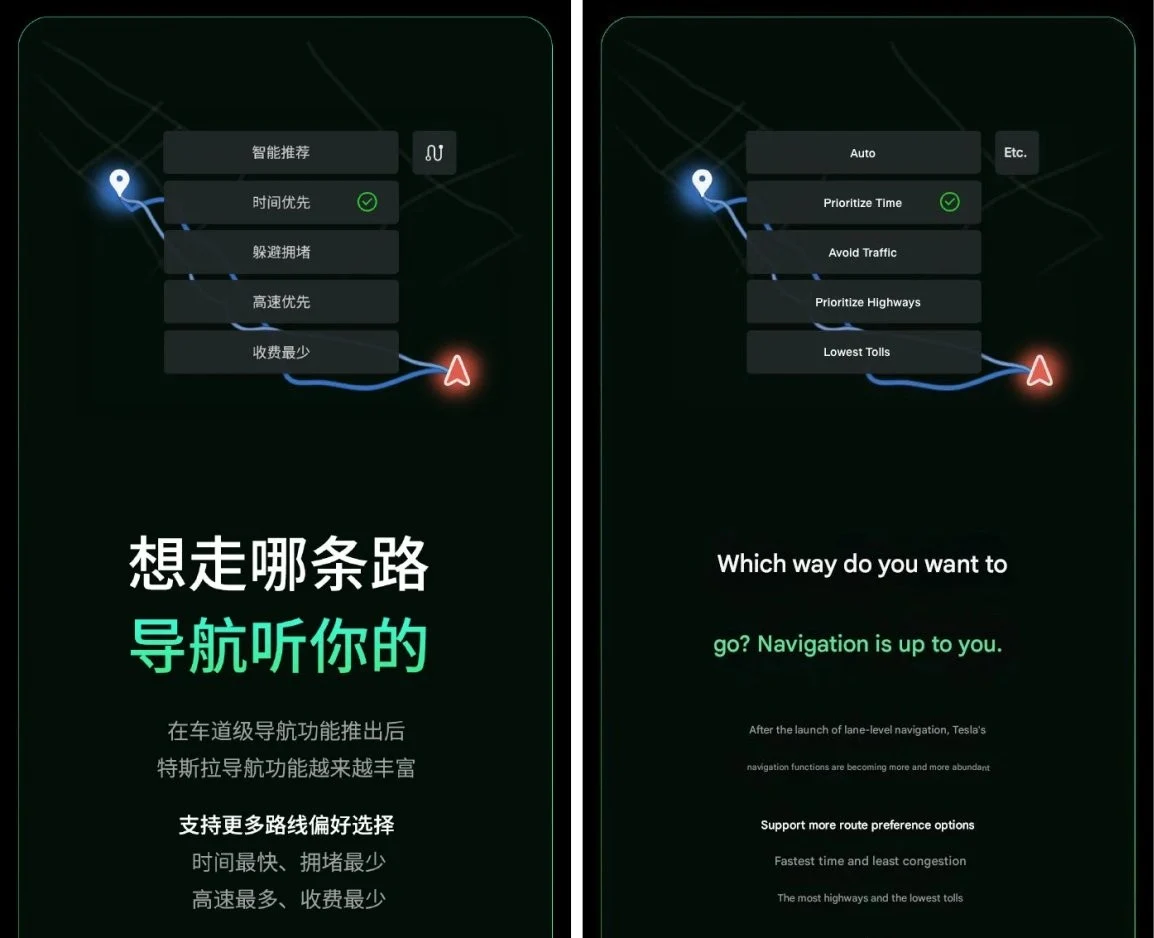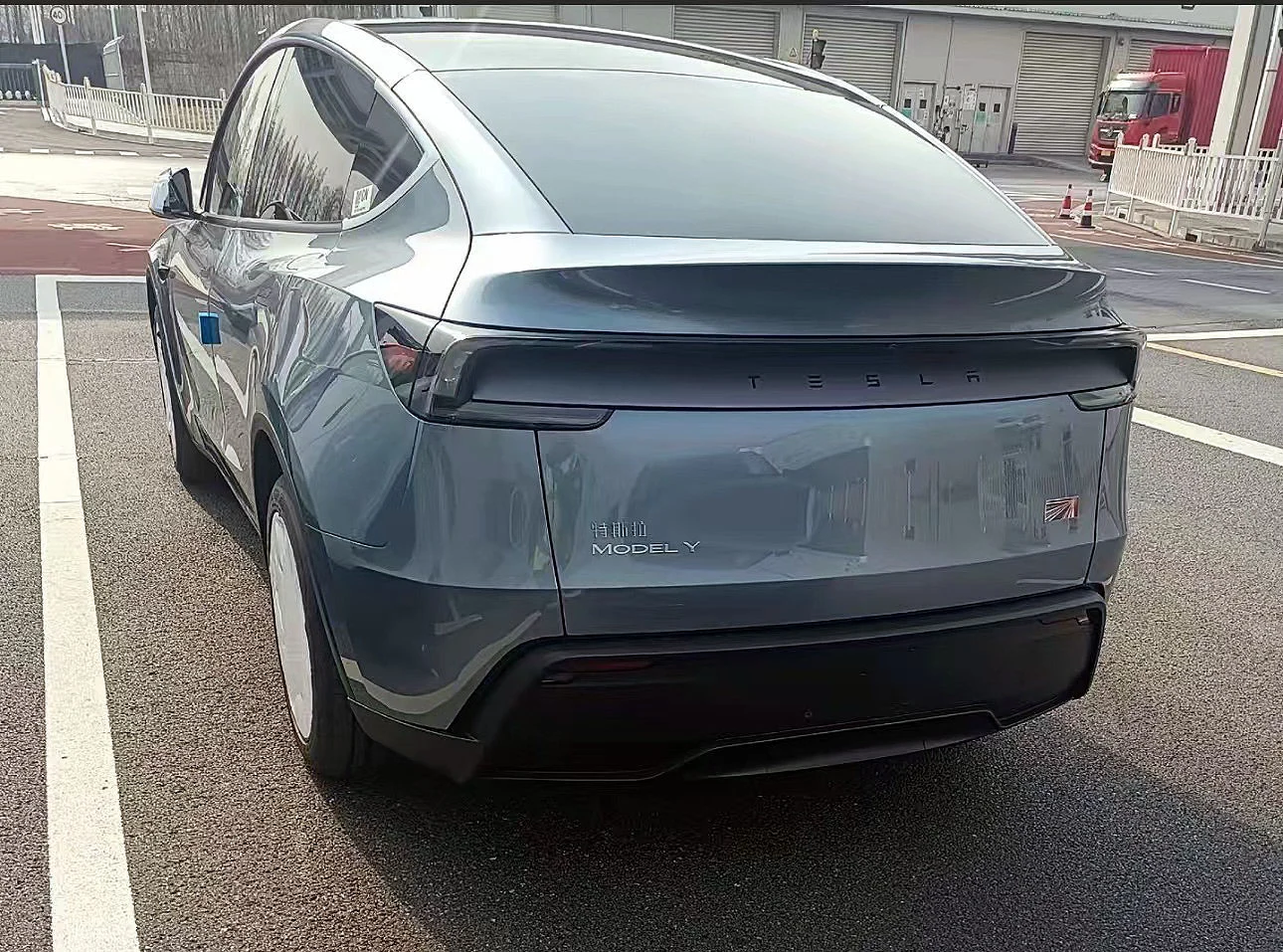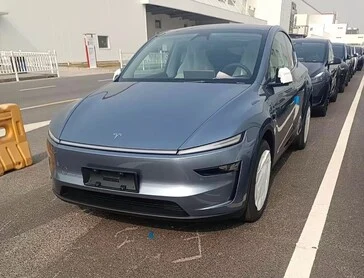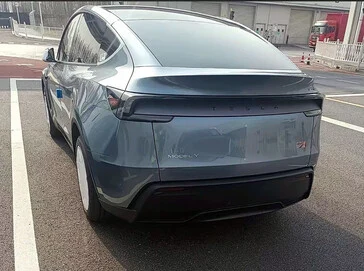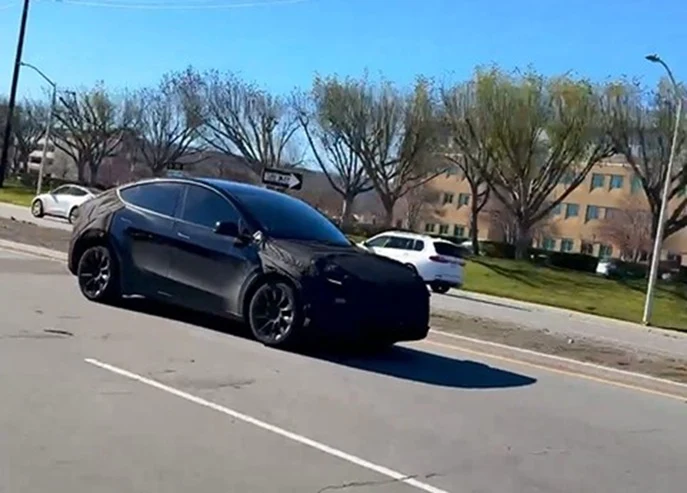While Tesla is set to reveal the pricing and release date for the 2025 Model Y Juniper refresh in North America, possibly this week, buyers in the US and Canada might encounter significantly increased costs.
Changes in US Pricing
In the US, the Model Y Juniper could be available without the federal tax credit of $7,500. This is due to the new Trump administration’s request for a halt on all EV subsidies until a 90-day review is completed. Once this review is done, the federal agencies will provide recommendations on whether to eliminate the new EV tax credit and charging infrastructure aids altogether, with a strong possibility of that happening.
Price Hikes in Canada
Starting February 1, fans of Tesla’s popular Model Y in Canada will also see steep price increases. Tesla Canada has confirmed that the price of the Model Y will rise by CA$4,000 (approximately US$2,790). The Model 3 Long Range AWD and Performance trims will have even higher increases of CA$8,000 and CA$9,000, respectively.
Coincidentally, this date also marks when the Trump administration’s new tariffs against Canada and Mexico take effect. Canada plans to respond with import taxes on US goods. As a result, Tesla appears to be proactively raising prices for all Model Y trims in Canada by nearly CA$3,000 and doubling that for Model 3 prices.
Disadvantages for Canadian Buyers
Canadian consumers face a tough situation as Tesla buyers since their federal EV rebate expired last year. Additionally, the CAD has been falling sharply against the USD amid the looming tariff threats.
To add to the woes, Tesla has priced the 2025 Model Y Juniper refresh somewhat higher than the previous model in China. If it follows suit in North America, early buyers might be in for an unwelcome shock after enjoying a year of discounts and promotions that brought the Model Y price down to nearly $35,000 with combined rebates and incentives.
Source:
Link

